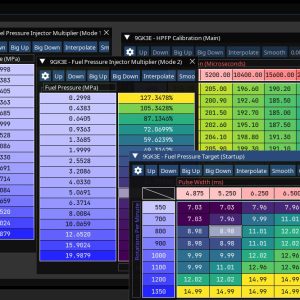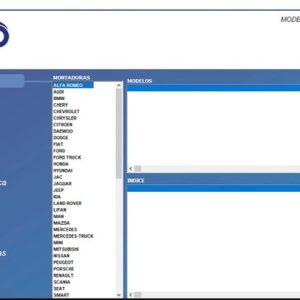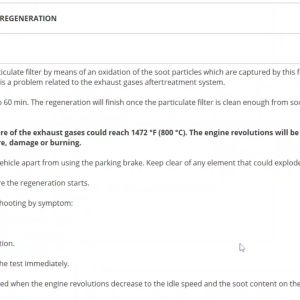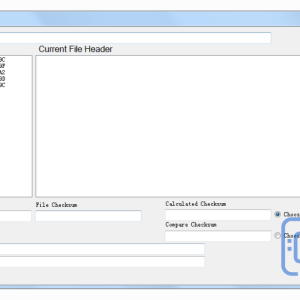Dyno Test Results: Understanding ECU Tuning Performance 📊🚗
Dyno testing is a crucial part of the ECU tuning process, providing measurable data that can significantly influence tuning strategies. This article delves into the importance of dyno test results, features of popular tuning tools, and how to interpret these results for optimal vehicle performance.
What is a Dyno Test? ⚙️
A dynamometer (dyno) is a device used to measure force, torque, and power output of an engine. In the context of ECU tuning, it helps in assessing the effectiveness of remapping and chip tuning.
Types of Dyno Tests 🔧
- Chassis Dyno: Measures power output at the wheels, providing a realistic view of vehicle performance.
- Engine Dyno: Analyzes engine performance independently from the vehicle, useful for initial tuning stages.
Understanding Dyno Test Results 📈
Interpreting dyno test results involves analyzing several key metrics:
- Horsepower (HP): Indicates the engine’s power output. Higher HP typically translates to better acceleration.
- Torque: Represents the engine’s pulling power, essential for understanding how the vehicle performs under load.
- AFR (Air-Fuel Ratio): A critical measurement for tuning; a balanced AFR ensures optimal combustion.
Factors Affecting Dyno Results 🚀
Several factors can influence dyno test results:
- Environmental Conditions: Temperature and humidity can affect engine performance.
- Vehicle Setup: Tire pressure, drivetrain condition, and weight can skew results.
- Tuning Tool Used: Different tools may yield slightly different results due to calibration differences.
Popular Tuning Tools for Dyno Testing 🛠️
Utilizing advanced tuning tools can enhance the accuracy of your dyno tests:
- KESS3: A versatile tool for ECU remapping that supports a wide range of vehicles.
- FLEX: Known for its flexibility and comprehensive support for various protocols.
- CMDFlash: Offers advanced features for deep ECU diagnostics and tuning.
Real-World Example: Stage 1 Tuning Results ✅
A workshop recently performed a Stage 1 remap on a 2.0L turbocharged engine. The dyno test results showed:
- Before Tuning: 150 HP, 250 Nm torque
- After Tuning: 190 HP, 300 Nm torque
This 40 HP gain illustrates the potential of effective ECU tuning.
Conclusion: The Importance of Dyno Testing in ECU Tuning ⚠️
Dyno test results provide invaluable insights into the effectiveness of ECU remapping and chip tuning. By understanding these results, mechanics and tuners can make informed decisions to enhance vehicle performance.
For those looking to improve their tuning capabilities, explore the advanced tools available at mastertuningtools.com.










